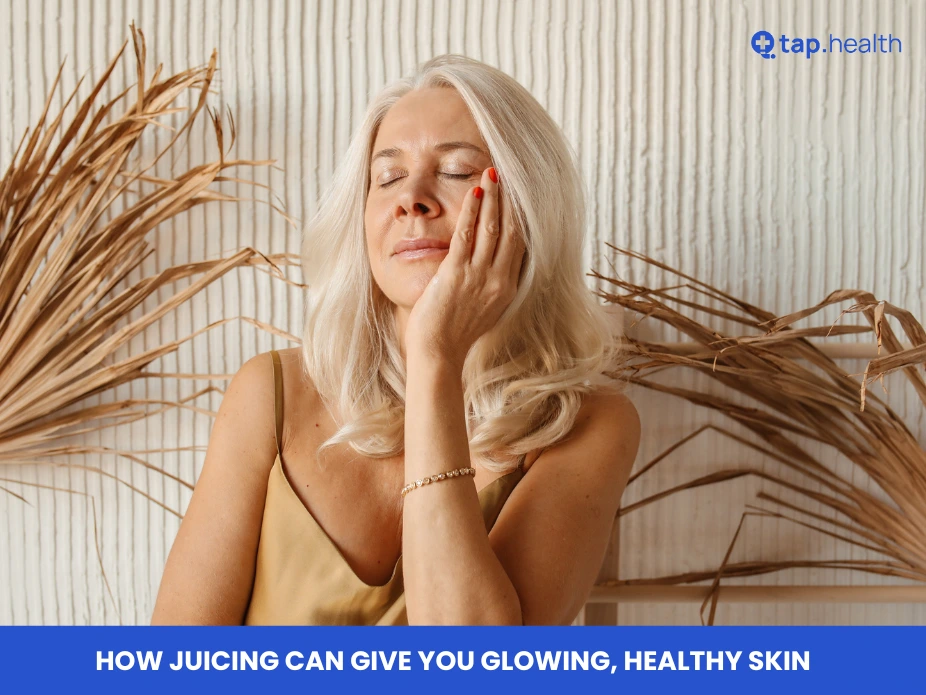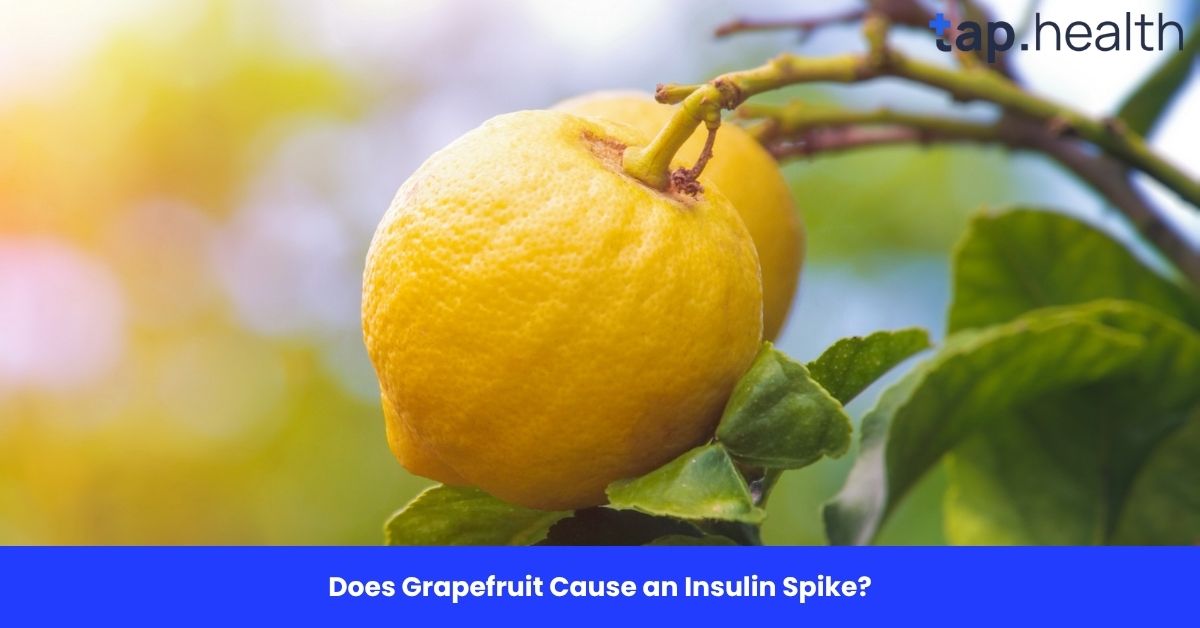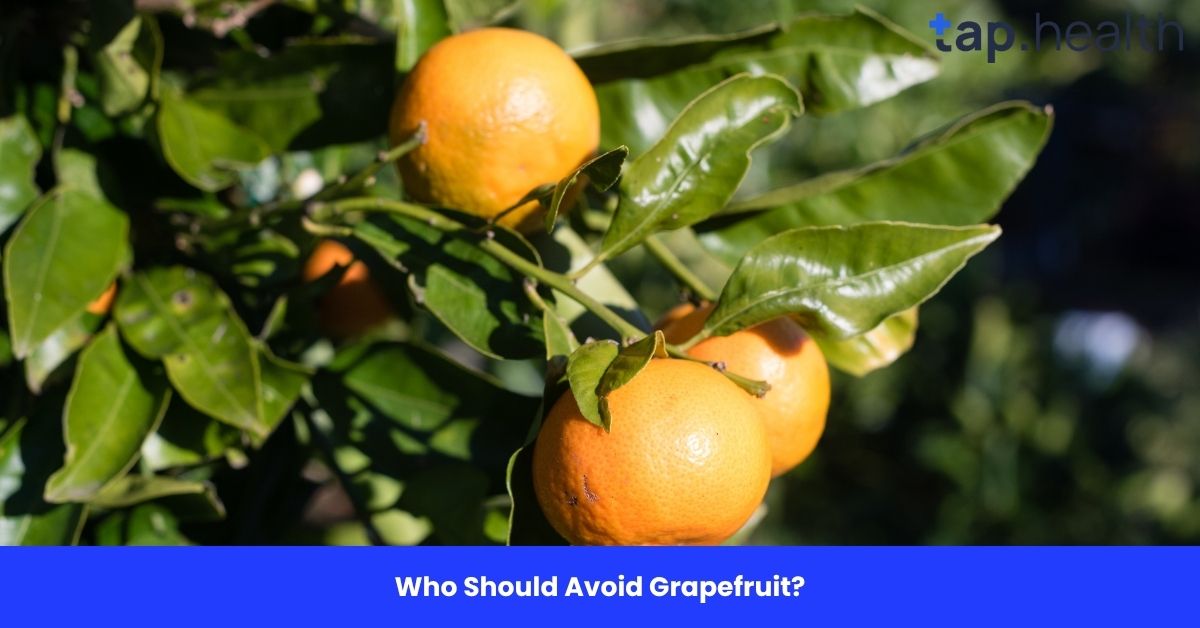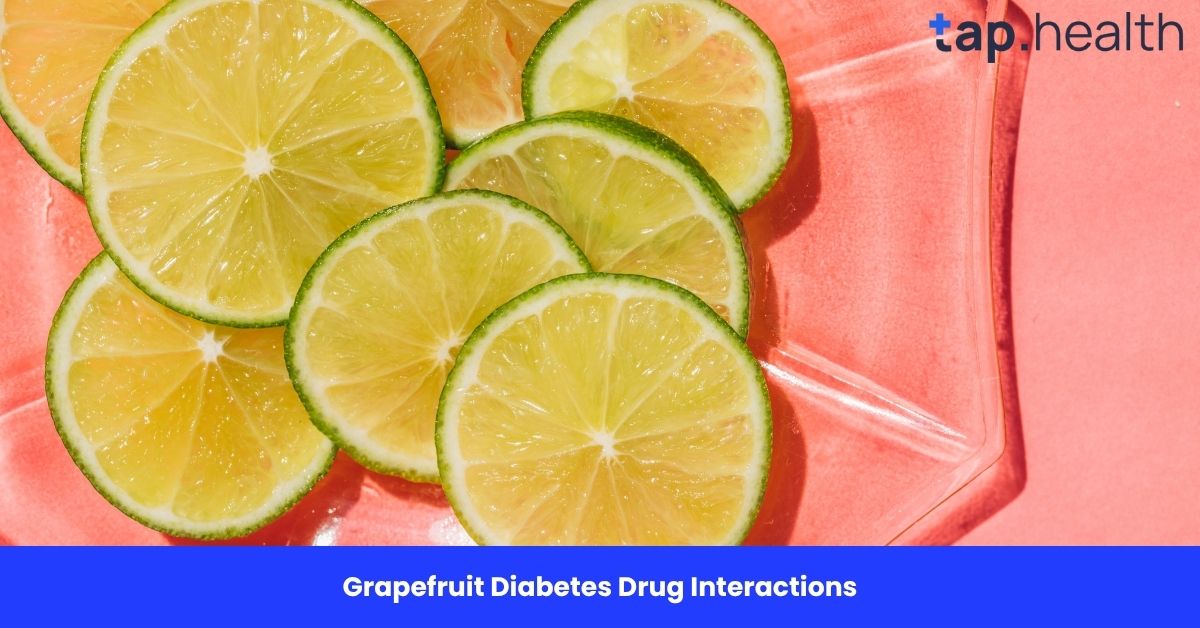Having glowing, healthy skin is something many of us desire, but maintaining radiant skin requires consistent care and good nutrition. While skincare products can certainly help, the best results often come from within. Juicing is one natural and effective way to nourish your skin from the inside out. Packed with vitamins, minerals, and antioxidants, fresh fruit and vegetable juices can help detoxify the body, reduce inflammation, and provide your skin with essential nutrients.
In this comprehensive guide, we’ll explore how juicing can improve your skin health, which ingredients are best for glowing skin, and how you can easily incorporate them into your diet. Whether you’re struggling with acne, dryness, or simply want to achieve a radiant complexion, juicing offers a tasty and nutrient-packed solution.
Why Juicing Is Good for Your Skin
Before diving into specific juices and their benefits, it’s important to understand why juicing can have such a powerful effect on your skin. Juicing provides your body with concentrated doses of vitamins and nutrients that can be quickly absorbed, helping your skin heal and regenerate.
Here are the primary reasons juicing is great for your skin:
1. Hydration from the Inside Out
Good skin health starts with proper hydration. Dehydrated skin tends to look dry, flaky, and dull. Juices made from water-rich fruits and vegetables, such as cucumber, watermelon, and celery, can provide your body with the hydration it needs to maintain smooth and supple skin.
By drinking fresh juice, you’re giving your body a constant supply of water and essential minerals, which can help maintain skin elasticity and prevent signs of aging.
2. Packed with Antioxidants
Many fruits and vegetables are rich in antioxidants, which help protect your skin from damage caused by free radicals—unstable molecules that can accelerate aging and cause skin issues. Antioxidants like vitamin C, vitamin E, and beta-carotene are commonly found in fresh juices and play a key role in protecting and rejuvenating skin cells.
For example, carrots, spinach, and berries are full of these powerful antioxidants, helping reduce skin inflammation, minimize wrinkles, and improve skin texture.
3. Improves Circulation
Certain juices can help improve blood circulation, ensuring that your skin receives the nutrients and oxygen it needs. Beetroot juice, for instance, helps increase blood flow, which can improve the delivery of nutrients to your skin cells, promoting a healthy glow and improving skin tone.
Better circulation can also reduce puffiness and dark circles under the eyes, giving your face a fresher, more vibrant appearance.
4. Detoxifies the Body
The body’s natural detoxification processes can sometimes get sluggish due to poor diet, pollution, or stress. When the body isn’t able to eliminate toxins properly, it can show up on your skin as acne, dullness, or uneven skin tone. Juicing with ingredients like lemon, ginger, and green leafy vegetables helps detoxify the body by flushing out toxins, giving your skin a brighter and more even complexion.
Key Juices for Glowing, Healthy Skin
Now that we understand how juicing can benefit the skin, let’s take a closer look at some of the best juices you can drink for glowing, healthy skin.
1. Carrot Juice
Carrots are an excellent source of beta-carotene, which the body converts into vitamin A. Vitamin A is known for its ability to reduce wrinkles and improve skin texture by promoting skin cell regeneration.
How it helps:
- Reduces acne and blemishes.
- Improves skin texture and smoothness.
- Acts as a natural sunscreen, protecting against sun damage.
Recipe:
- 2-3 carrots
- 1 small piece of ginger
- A squeeze of lemon juice (optional)
Juice the carrots and ginger, and add lemon juice for an extra boost of vitamin C.
2. Cucumber Juice
Cucumber is known for its high water content and cooling properties, making it a fantastic ingredient for keeping your skin hydrated and fresh. It’s also packed with silica, a compound that helps strengthen the skin and improve its elasticity.
How it helps:
- Hydrates the skin, making it appear plump and dewy.
- Helps fight dark circles and puffiness around the eyes.
- Reduces skin inflammation.
Recipe:
- 1 cucumber
- 1 small mint leaf
- A squeeze of lime juice
Juice the cucumber and mint, then add lime juice to enhance the taste and skin benefits.
3. Tomato Juice
Tomatoes are rich in lycopene, a powerful antioxidant that helps protect the skin from sun damage and prevents wrinkles. They also contain vitamin C, which is crucial for collagen production, giving your skin its firmness and elasticity.
How it helps:
- Fights skin aging and wrinkles.
- Protects the skin from sun damage.
- Helps reduce redness and inflammation.
Recipe:
- 2-3 ripe tomatoes
- A pinch of black salt and pepper (optional)
Juice the tomatoes, and season with black salt and pepper for a savoury twist.
4. Pineapple Juice
Pineapple contains an enzyme called bromelain, which helps reduce inflammation and break down dead skin cells. It is also rich in vitamin C, which brightens the skin and promotes collagen production.
How it helps:
- Exfoliates the skin naturally.
- Brightens dull skin and reduces pigmentation.
- Helps reduce skin inflammation and acne.
Recipe:
- 1-2 pineapples
- A few mint leaves
Juice the pineapple and mint together, and enjoy a refreshing drink that promotes glowing skin.
5. Beetroot Juice
Beetroot is packed with vitamin C and folate, both of which are essential for healthy skin. The betalains in beetroot have anti-inflammatory and detoxifying properties, making it an excellent juice for improving skin health.
How it helps:
- Improves blood circulation, which helps nourish the skin.
- Detoxifies the skin by flushing out toxins.
- Reduces the appearance of blemishes and dark spots.
Recipe:
- 1 beetroot
- 1 small carrot
- A small piece of ginger
Juice the beetroot, carrot, and ginger together for a nutrient-rich, skin-boosting drink.
Tips for Glowing Skin Through Juicing
Here are some additional tips to help you get the most out of your juicing routine for glowing skin:
1. Drink Fresh Juices Regularly
Consistency is key when it comes to juicing. Try to include one or two servings of fresh juice in your daily diet. Over time, you’ll notice improvements in your skin’s texture, hydration, and overall glow.
2. Pair Juicing with a Healthy Diet
While juicing can work wonders for your skin, it should be part of a balanced diet. Incorporate plenty of fruits, vegetables, whole grains, and healthy fats into your meals. These foods will provide the nutrients that your skin needs to stay healthy.
3. Stay Hydrated
In addition to juicing, make sure to drink plenty of water throughout the day. Proper hydration helps maintain skin elasticity and prevents dryness, so always keep a water bottle handy.
4. Avoid Sugary Drinks
When juicing for skin health, avoid adding too much sugar or sweeteners. Instead, focus on the natural sweetness of fruits and vegetables. Excess sugar can contribute to breakouts and premature aging.
5. Use Organic Ingredients
Whenever possible, choose organic fruits and vegetables for juicing. They are free from harmful pesticides and chemicals, which can harm your skin in the long run.
Real-Life Scenario
Consider someone who struggles with dull skin due to a busy lifestyle and irregular diet. By incorporating fresh juices like carrot, beetroot, or citrus blends daily, they notice their skin becoming more radiant and less prone to breakouts within a few weeks. The hydration from juices also helps maintain skin elasticity and softness.
Expert Contribution
Dermatologists emphasize that antioxidants in juices fight free radicals, slowing down signs of aging like wrinkles and fine lines. Nutrition experts note that juicing is a convenient way to meet daily fruit and vegetable requirements, especially for people who find it hard to consume whole produce regularly.
Recommendations Grounded in Proven Research and Facts
- Include a variety of produce: Combining leafy greens, berries, citrus, and carrots ensures a broad spectrum of nutrients for skin health.
- Limit added sugars: Excess sugar can increase inflammation and worsen skin problems. Stick to natural juice from fresh produce.
- Drink in moderation: One or two glasses per day are enough; balance with whole fruits and vegetables for fiber.
- Hydration matters: Juices help, but drinking enough water is essential for glowing skin.
- Consistency is key: Research shows that skin benefits from antioxidants and vitamins are most noticeable when consumed regularly over time.
Common Questions About Juicing for Glowing Skin
1. Can juicing alone give me glowing skin?
Juicing can significantly contribute to glowing skin by providing essential vitamins, minerals, and hydration. However, for optimal results, it’s important to maintain a healthy diet, exercise regularly, and take good care of your skin.
2. How long will it take to see results from juicing?
Depending on your skin condition, you may start to see noticeable changes in 2-4 weeks of regular juicing. Consistency is crucial for achieving long-term results.
3. Can juicing help with acne?
Yes, certain juices like those made from carrots, beetroot, and cucumber can help improve acne by promoting detoxification and reducing inflammation. However, juicing should be part of a broader skincare and dietary routine.
4. Should I juice in the morning or night for glowing skin?
You can juice any time of the day, but drinking juice in the morning on an empty stomach is ideal for better nutrient absorption. It helps kickstart your metabolism and provides your skin with nutrients throughout the day.
5. Are store-bought juices as effective as homemade juices?
While store-bought juices may seem convenient, they often contain preservatives, added sugars, and lack the freshness of homemade juices. Homemade juices are fresher, more nutritious, and better for your skin in the long run.
Conclusion
Juicing can be a powerful tool in your quest for glowing, healthy skin. Packed with essential nutrients, vitamins, and antioxidants, fresh juices can hydrate your skin, improve circulation, detoxify your body, and provide the building blocks for skin regeneration. Whether you’re dealing with dryness, acne, or simply want to maintain a radiant complexion, incorporating fresh juices into your daily routine can yield impressive results.
Remember, consistency is key, and pairing juicing with a healthy lifestyle will help you achieve the glowing skin you desire. So, start juicing today, and let your skin glow from the inside out!



